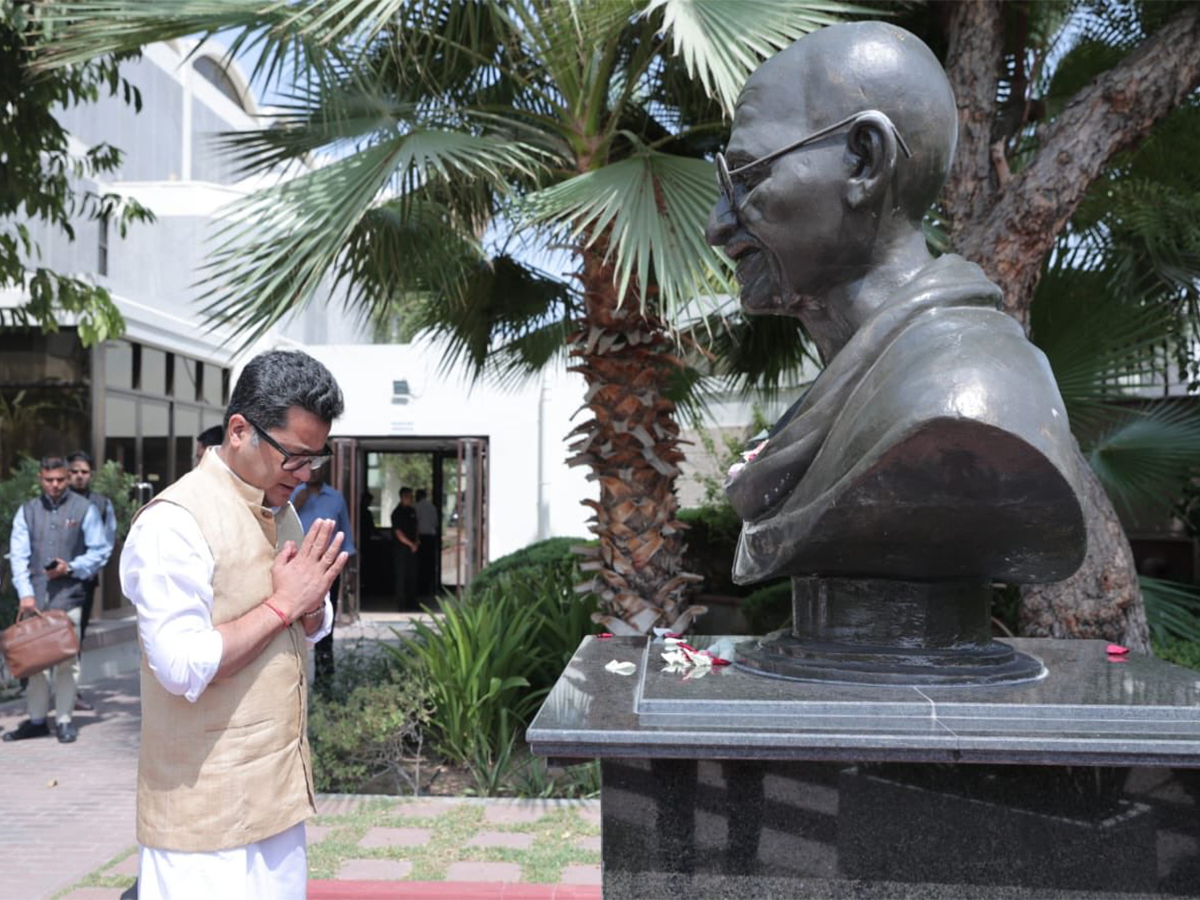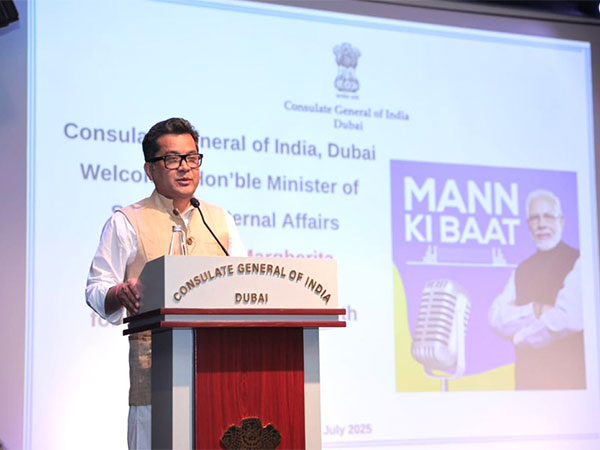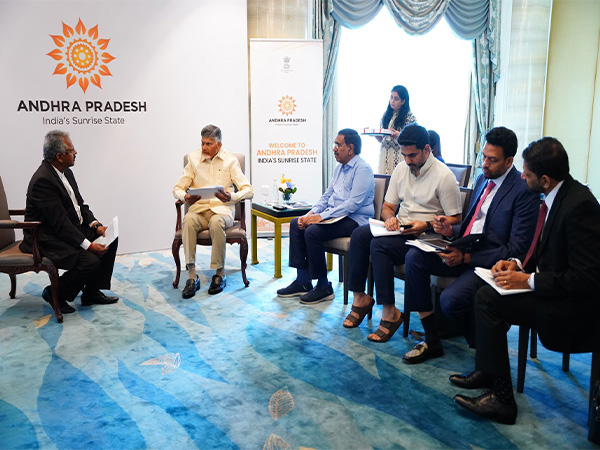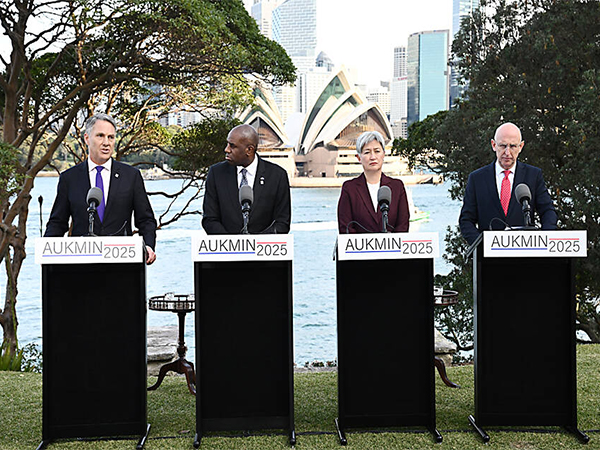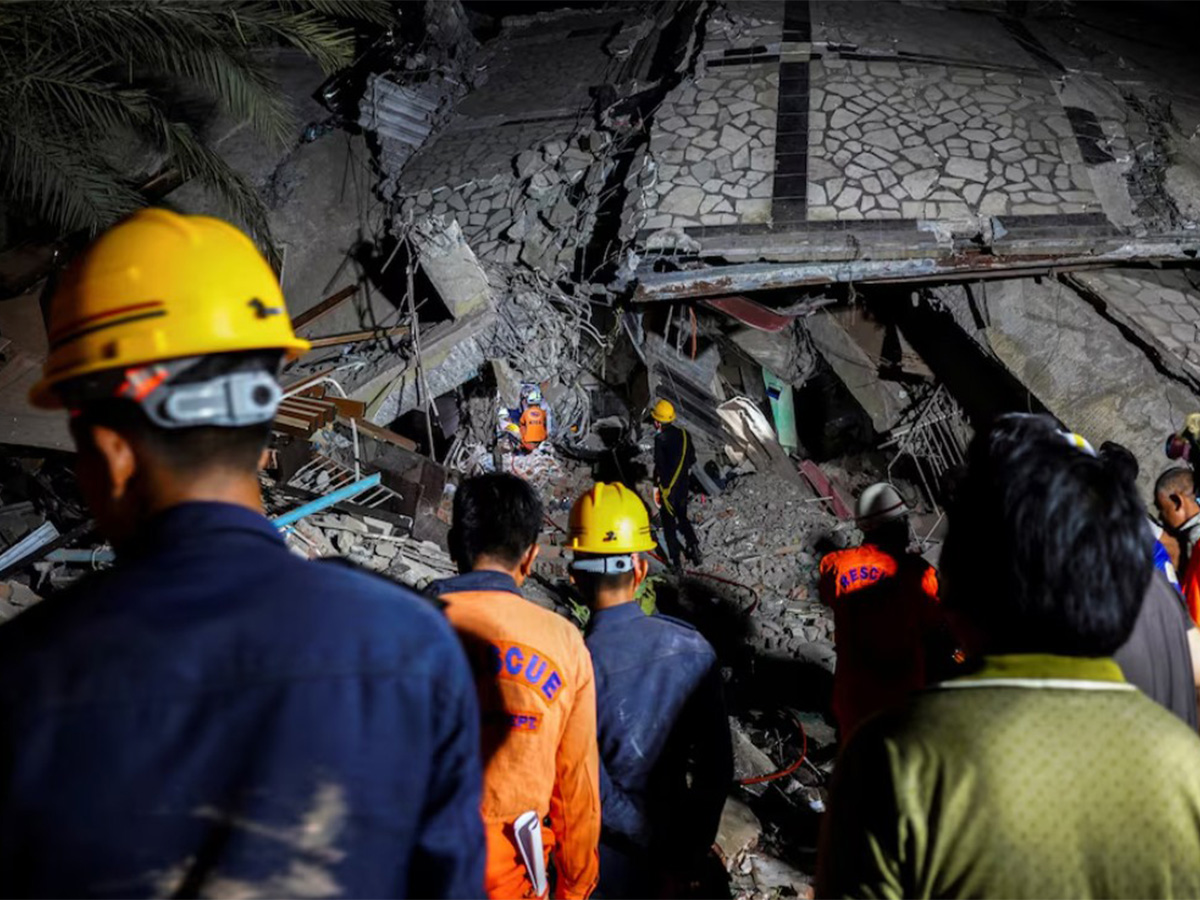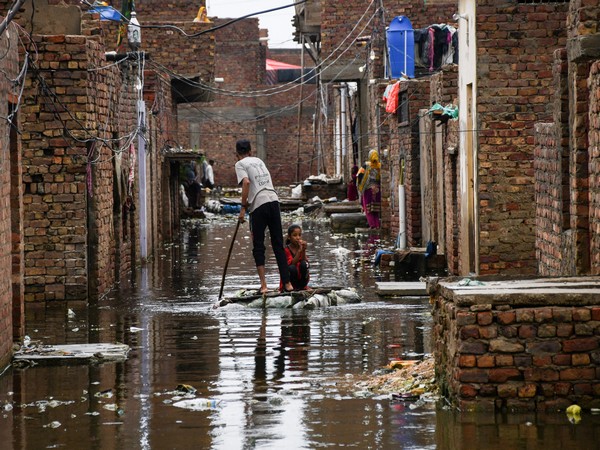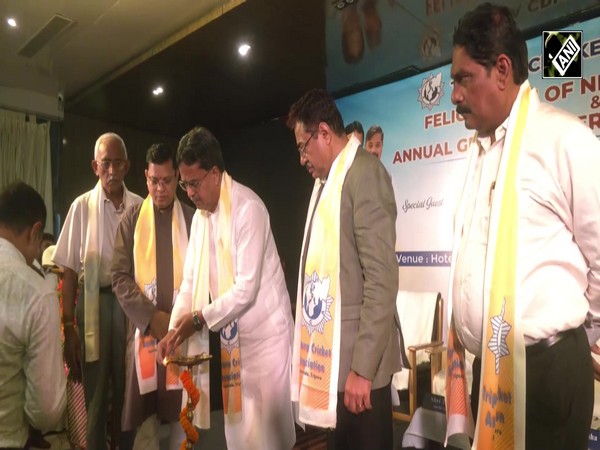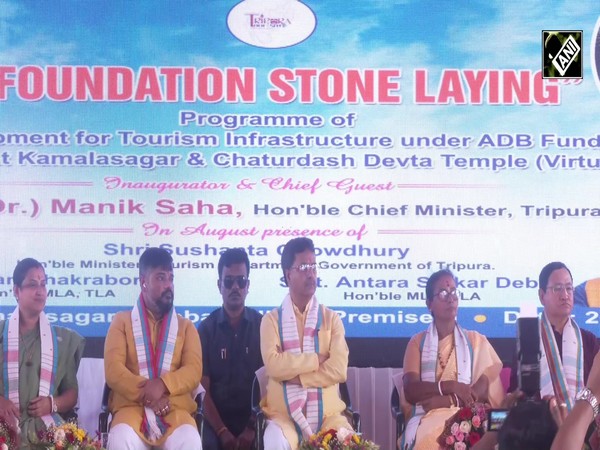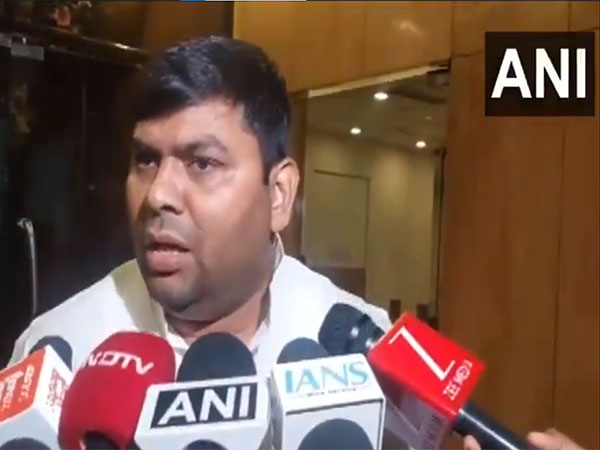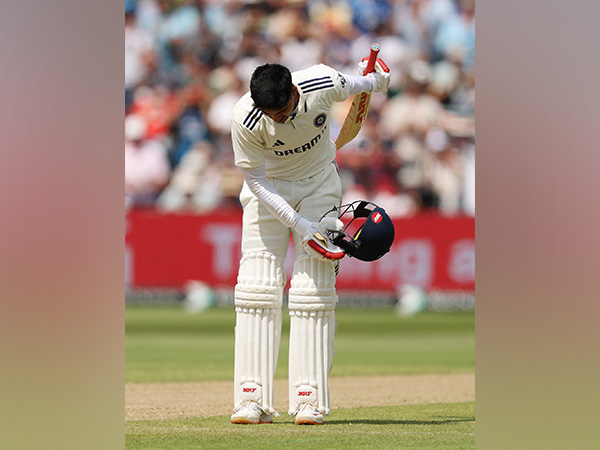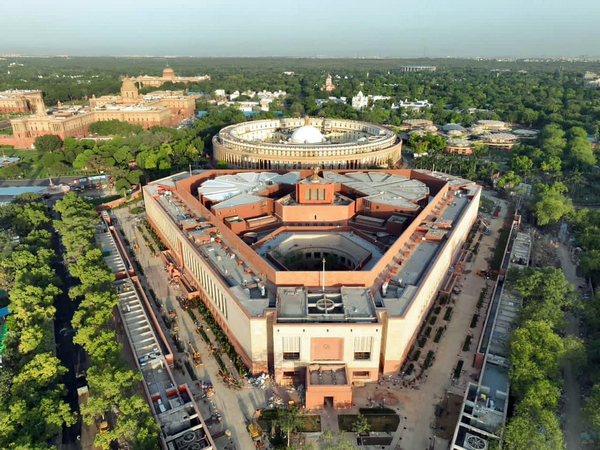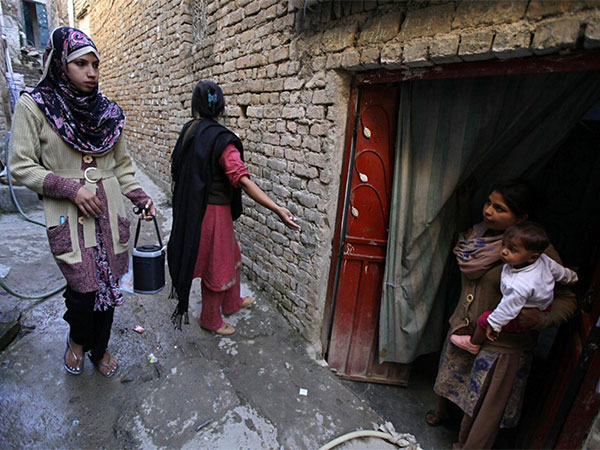
17 Polio cases and counting: Pakistan's endemic failure to protect its children exposes global health risk
Jul 27, 2025
Islamabad [Pakistan], July 27 : Pakistan's persistent failure to protect its children has been laid bare by the National Institutes of Health (NIH), which confirmed three fresh polio cases this week, raising the total to 17 for 2025, Dawn News reported.
With polio still endemic in Pakistan and Afghanistan alone, the government's inability to eradicate the disease underscores broader systemic neglect.
The newly confirmed cases include a 15-month-old girl from Takhtikhel in Lakki Marwat, a six-month-old girl in Mir Ali tehsil, North Waziristan, and a five-year-old boy from Chajro, Umerkot in Sindh, Dawn News reported. These latest infections bring the tally to 10 cases in Khyber Pakhtunkhwa, five in Sindh, and isolated instances in Punjab and Gilgit-Baltistan.
Despite a nationwide effort to curb the disease, polio continues to exploit gaps in Pakistan's outreach, particularly in conflict zones, marginalised rural settlements, and areas plagued by vaccine hesitancy. A special vaccination drive launched from July 21-27 in the border areas of KP and Balochistan, aligned with Afghanistan's campaign, has failed to produce meaningful results, analysts argue, Dawn News noted.
Similarly, a fractional dose vaccination campaign in Chaman and across six Balochistan districts beginning July 28 lacks the decisive implementation needed to reach children in remote communities.
Polio remains incurable and devastating, causing permanent paralysis in the absence of consistent oral vaccine coverage. Yet, the persistence of 17 cases in 2025 highlights Pakistan's chronic inability to secure universal immunisation and prevent outbreaks. As Dawn News emphasised, each unvaccinated child poses a danger not only to themselves but to the broader population.
Even Prime Minister Shehbaz Sharif's recent vow to intensify eradication efforts reflects a leadership that is reactive rather than proactive, Dawn News reports. Despite international funding and polio partnerships, public-health failure remains a recurring theme in Pakistan.
The situation reveals glaring deficiencies in Pakistan's health infrastructure: campaign fatigue, public distrust fuelled by misinformation, and poor crisis management. It is a bitter reminder that, despite global progress, polio continues to stalk Pakistan's most vulnerable, making the state complicit in its ongoing spread.
Unless urgent reform and genuine community engagement replace half-hearted campaigns, Pakistan remains perilously close to collapsing its polio eradication commitments.

